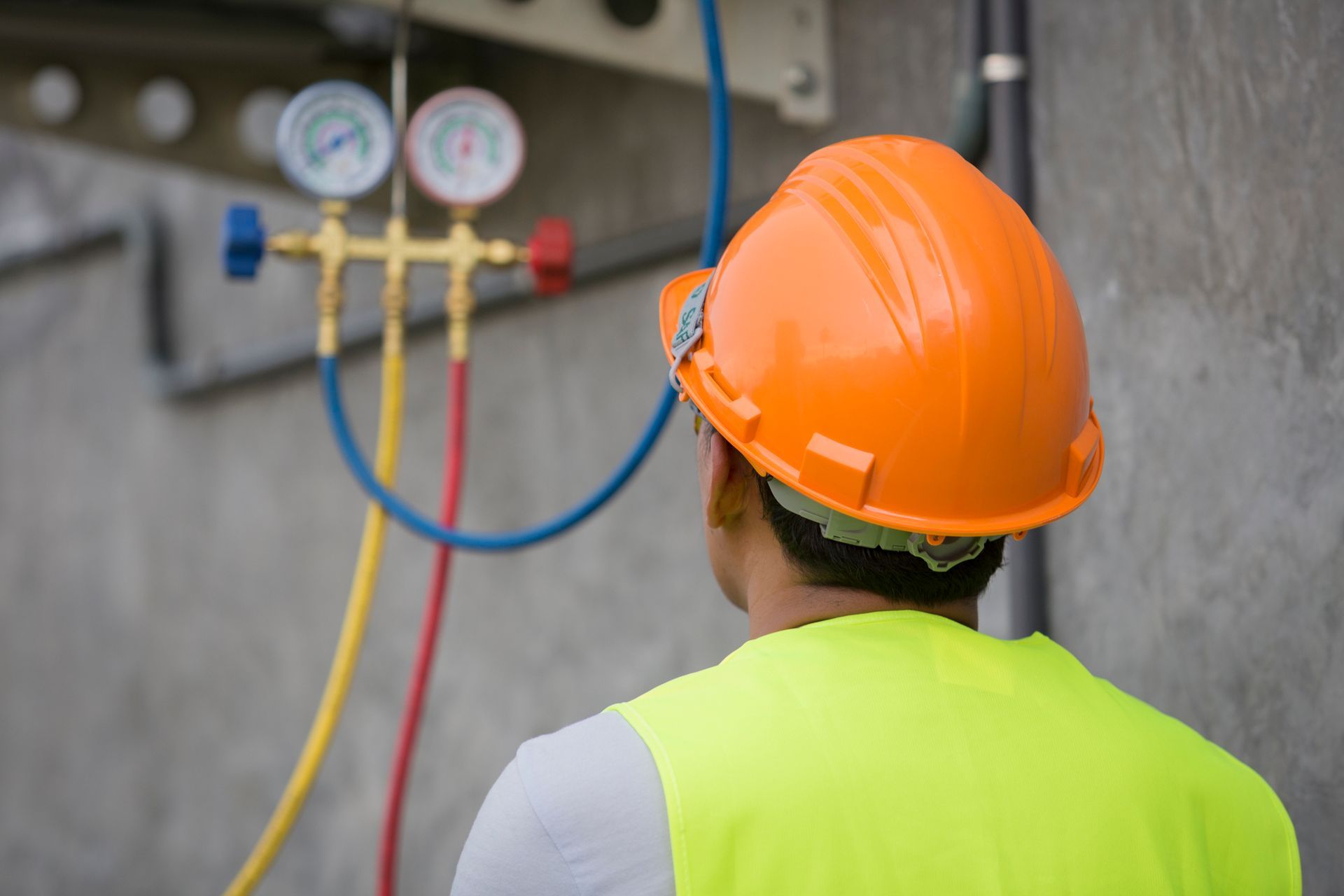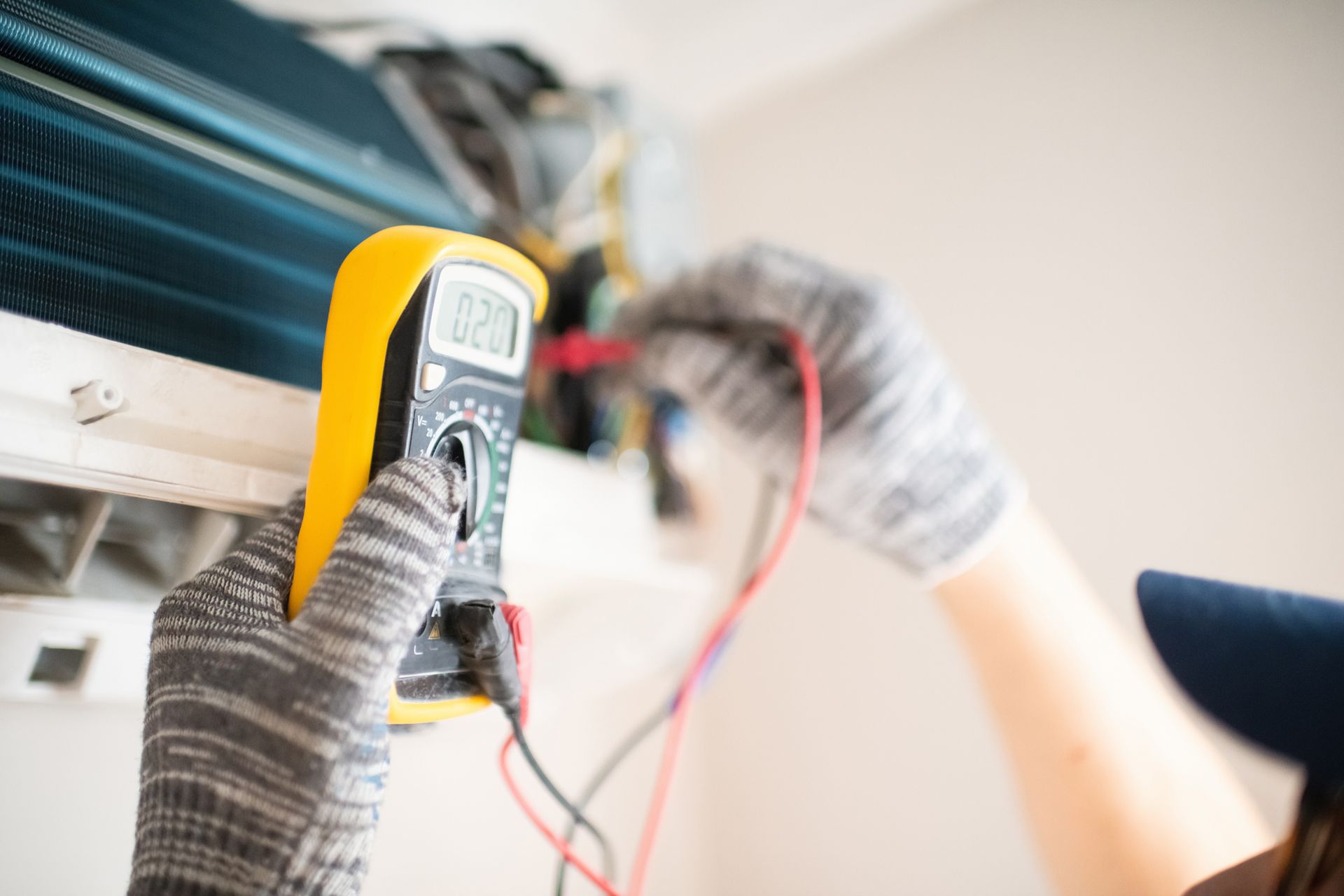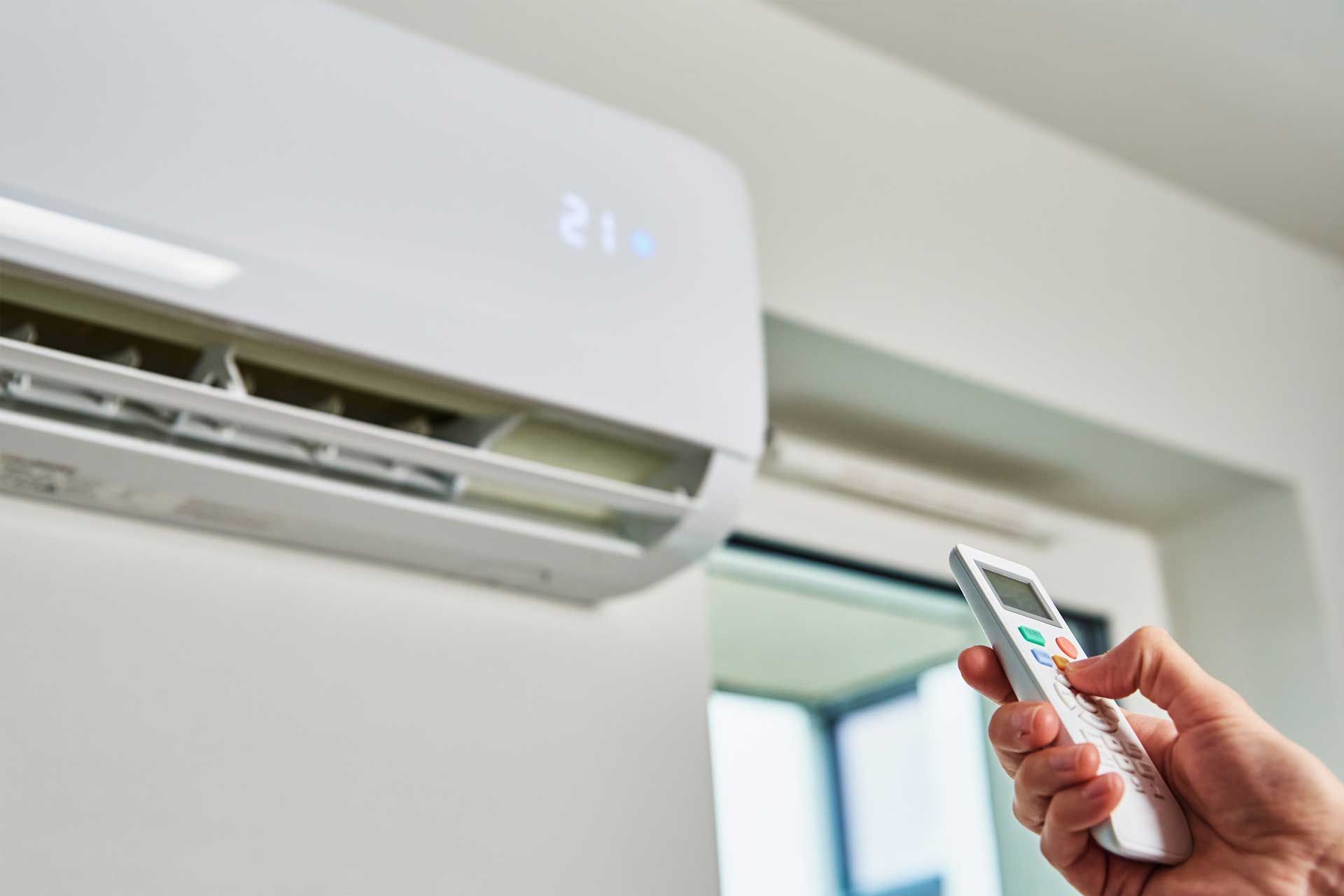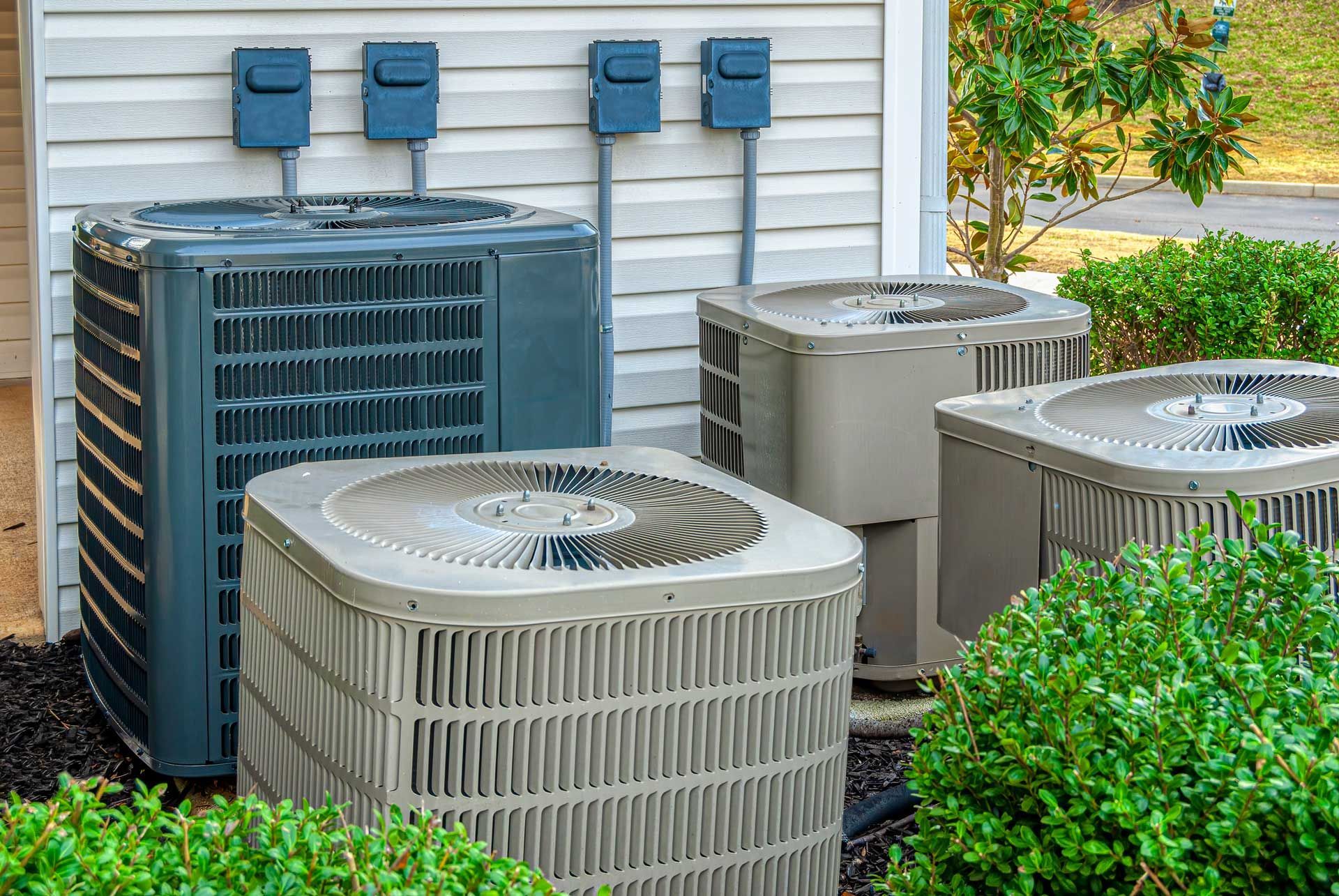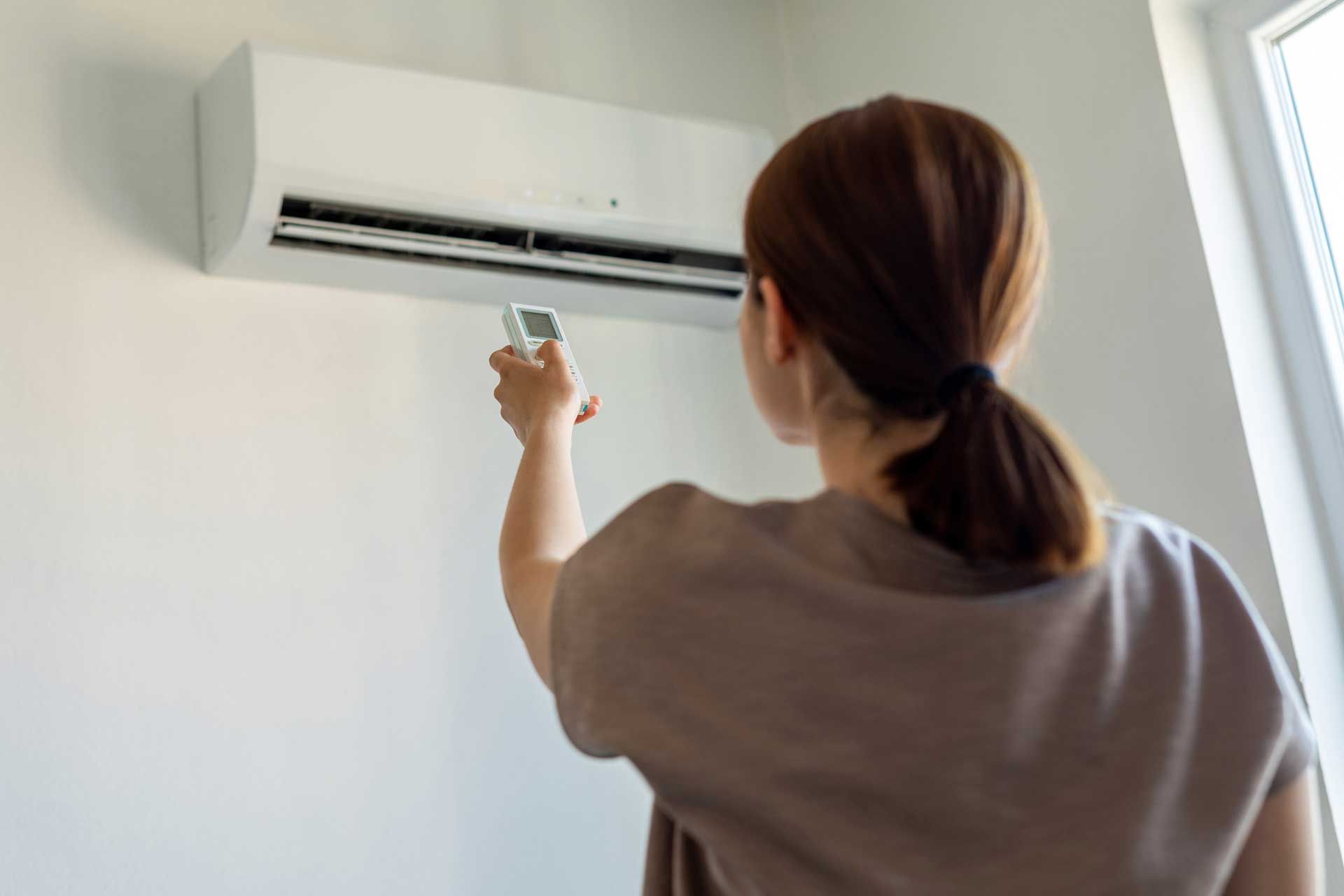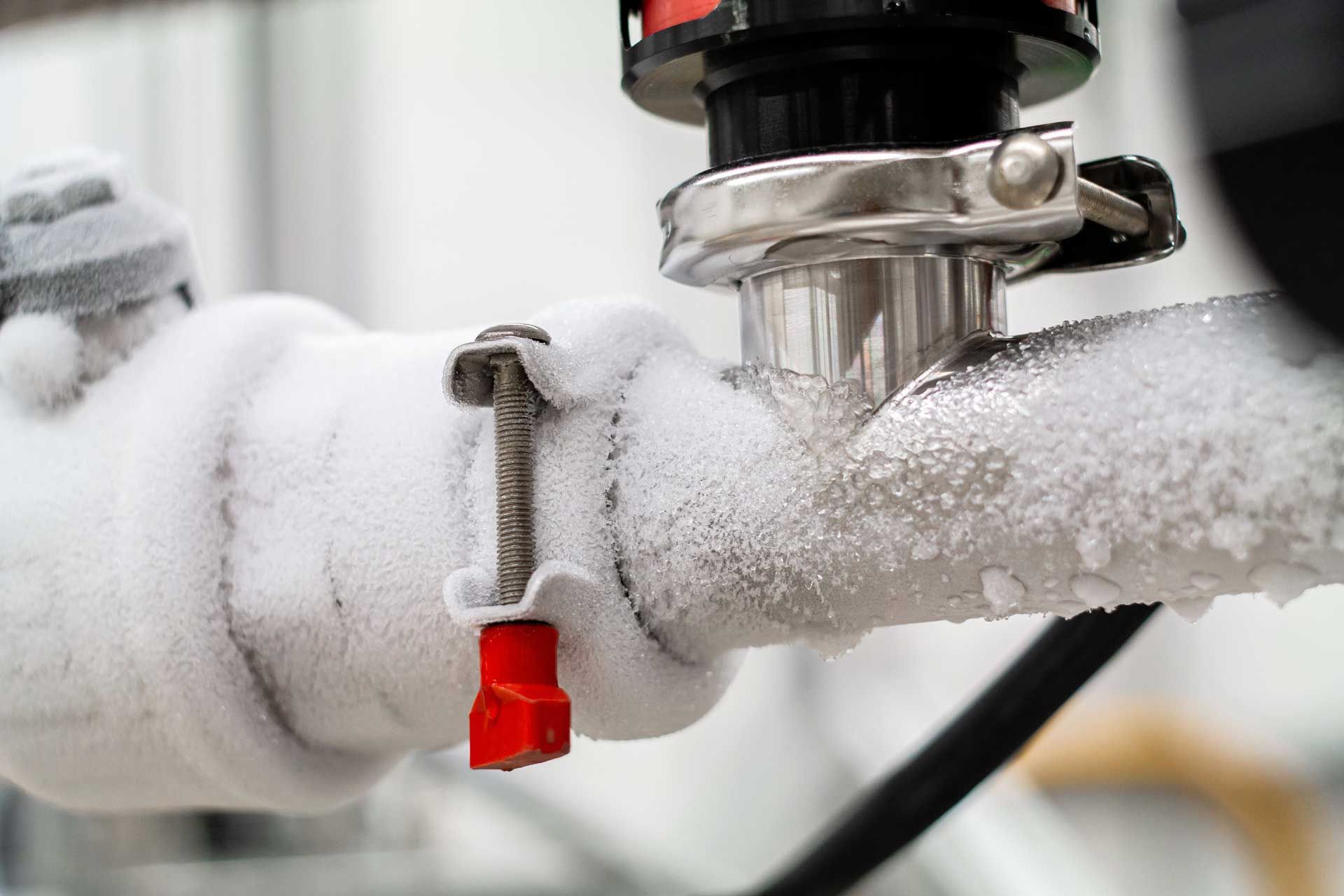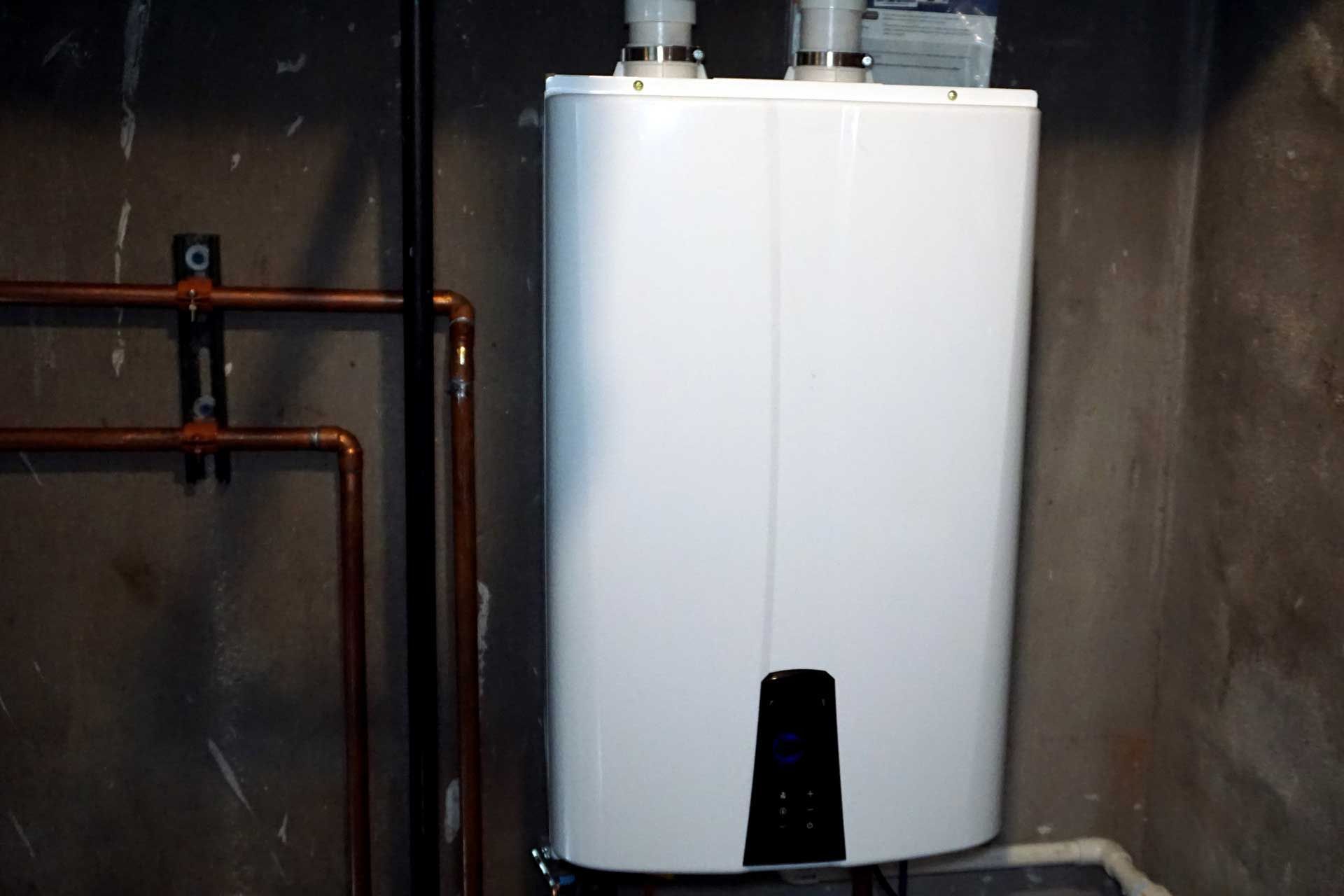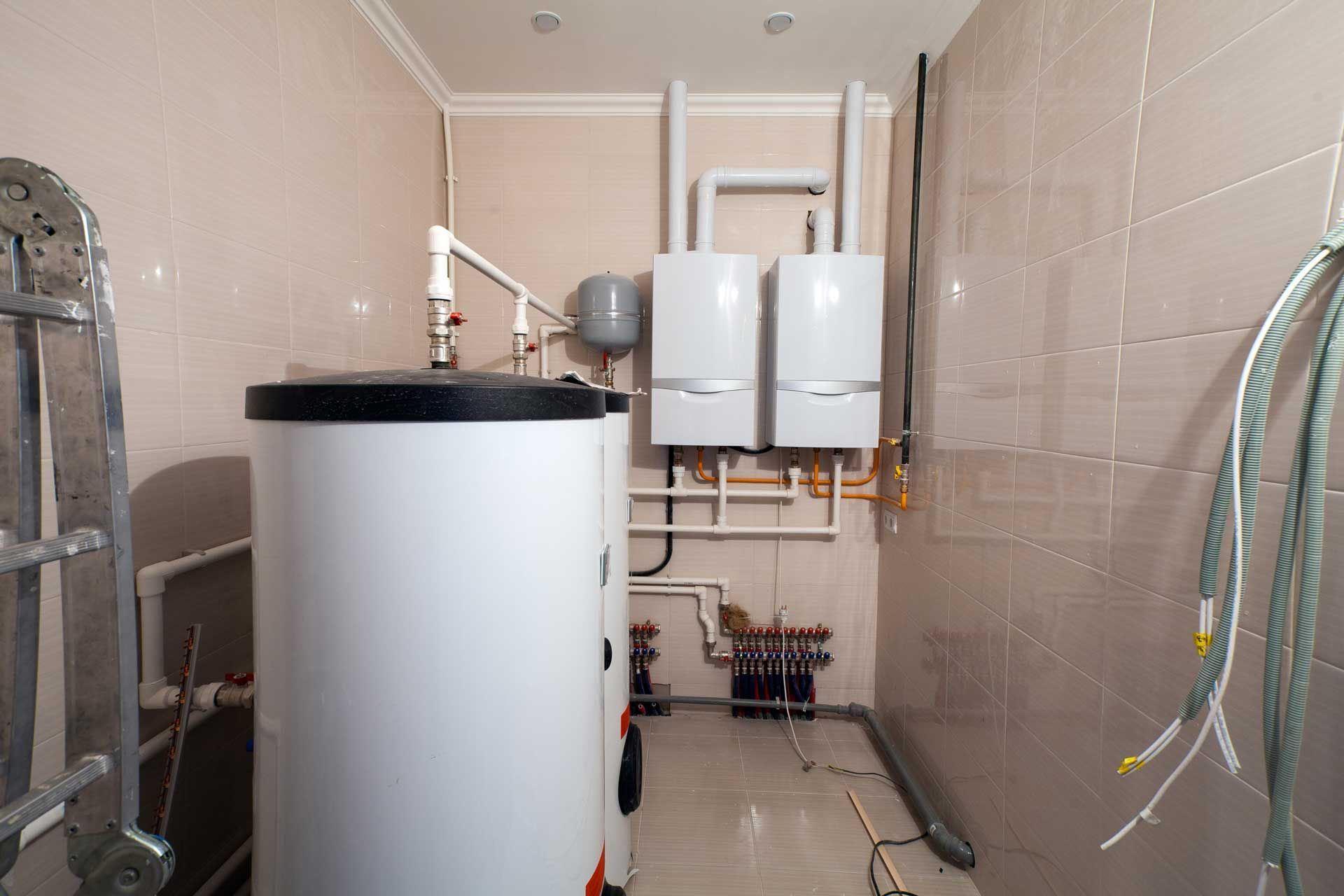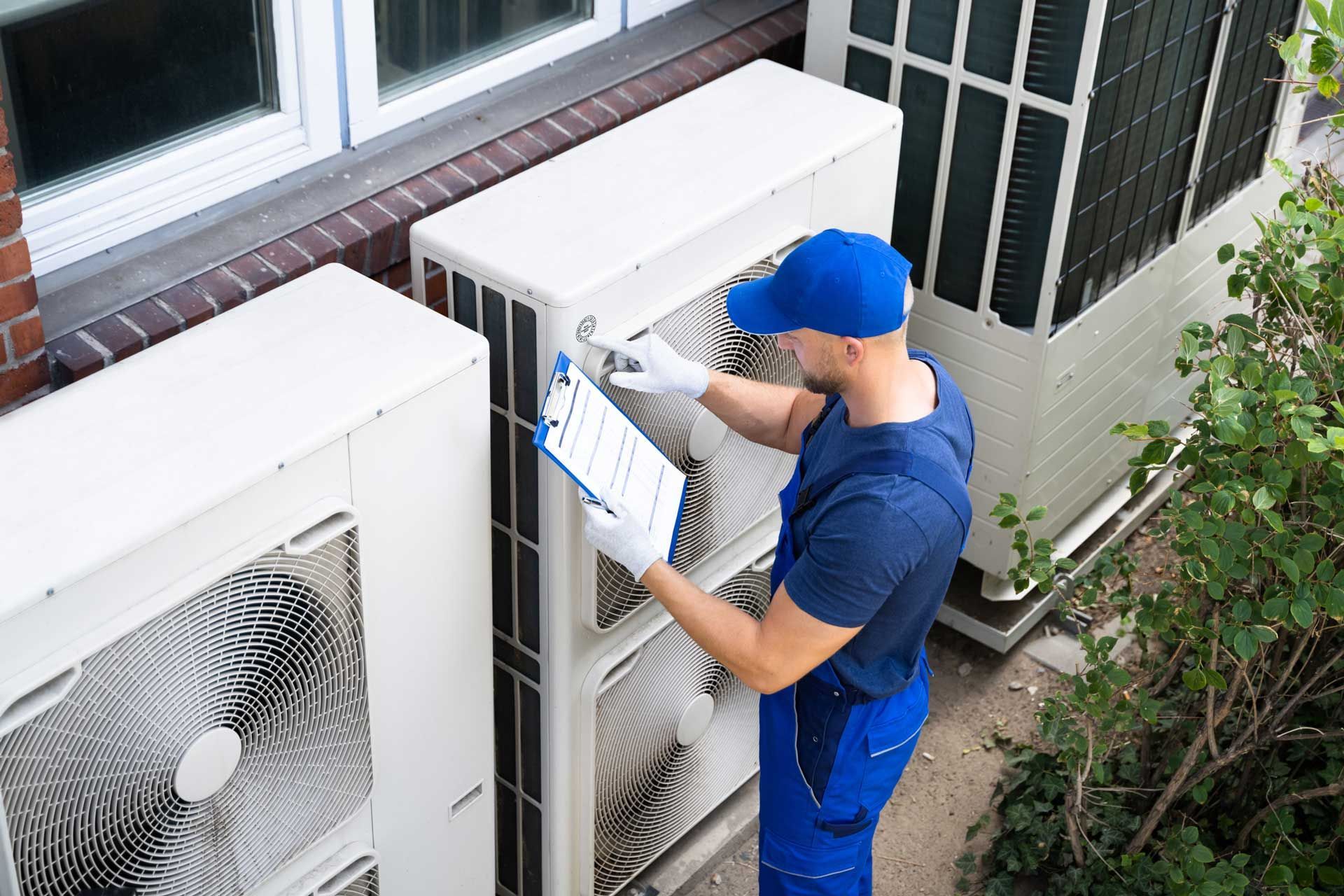Budgeting for Heating Costs in Your New Home
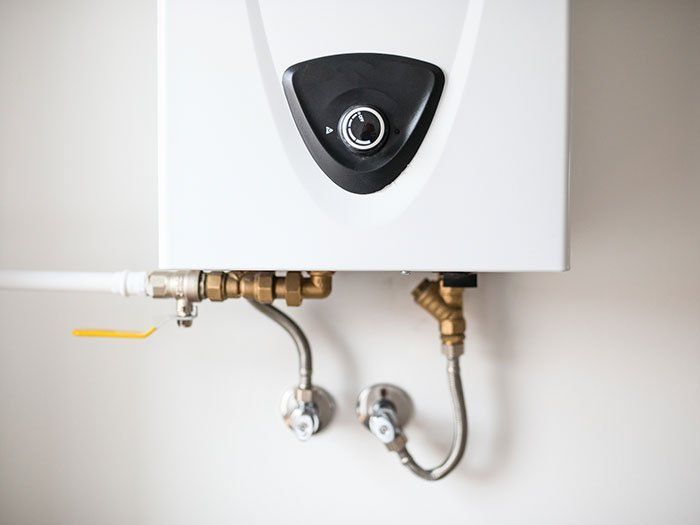
If you've recently moved to a new home,
you may not know exactly how much you'll have to pay in heating costs
over the winter. If you're being financially responsible and keeping
to a budget, you'll want to know how much to budget per month for
your heating expenses.
Your heating expenses may vary based on
several factors, so if possible, start with the costs from your
previous home and adapt based on which factors have changed. Here are
some factors that you should take into consideration when budgeting
for heating costs. Size of House
The first variable to take into account
is the amount of space you'll keep warm this winter. If you used to
live in a tiny apartment and now you've moved into a medium-sized
house, the differences in heating expenses could be significant.
The size of your home is also
significant when compared to the size of your heating system. If the
furnace is too large or too small, your heating costs may be slightly
inflated because both of these situations can reduce the efficiency
of your furnace. If you're unsure, have your contractor calculate
whether your furnace is correctly sized. Region and Climate
The area of the country will have a
large effect on your heating and cooling costs as well. For instance,
if you live in a very warm part of the country but recently moved
several states north, you'll likely find yourself using your heating
system much more. This may be balanced out to some degree by a lesser
need for AC during the summer, though. Price of Electricity
You'll also have to factor in how much
you pay for the electricity that powers your heating system. One way
to get around this variable (to some degree) is to have a
solar-powered or geothermal HVAC system installed.
An alternative energy source for your
heating system could either greatly reduce or eliminate the need to
use conventional electric power for heating. Gas furnaces also use
less electricity
, but have an added cost of the gas needed to
run them. Type of Heating System
Of course, the more efficient your
system is, the less electricity you'll have to pay for. A heat pump,
for instance, would give better value for your money than electric
radiators. However, a heat pump typically comes with a backup heating
system (an electrical heating coil) for colder weather, so you'd
really only be saving money on heating when weather is above
freezing.
If you live in a cold climate where
temperatures are often below freezing in winter, a dual system may
offer optimal efficiency for your situation. A dual system can use a
gas furnace during colder times and a heat pump when the weather is
above freezing, rather than solely relying on your heat pump. Your Home's Building Envelop
The more quickly heat escapes from your
house, the more often your furnace will have to warm the area back
up, and the more you'll be paying to heat the same space. Some ways
you can improve your home's insulation include:
- Adding blown-in insulation to walls
- Increasing attic, wall, and floor insulation
- Putting storm windows and insulating curtains on windows
- Sealing up attic bypass holes and other holes in your building envelope (such as holes in floor under bathtub)
As you can see, when calculating your likely heating expenses, you'll need to adjust for several different variables. For more information on any of these points or to schedule heat pump or furnace maintenance or installation, get in touch with Preferred Mechanical Services today.
